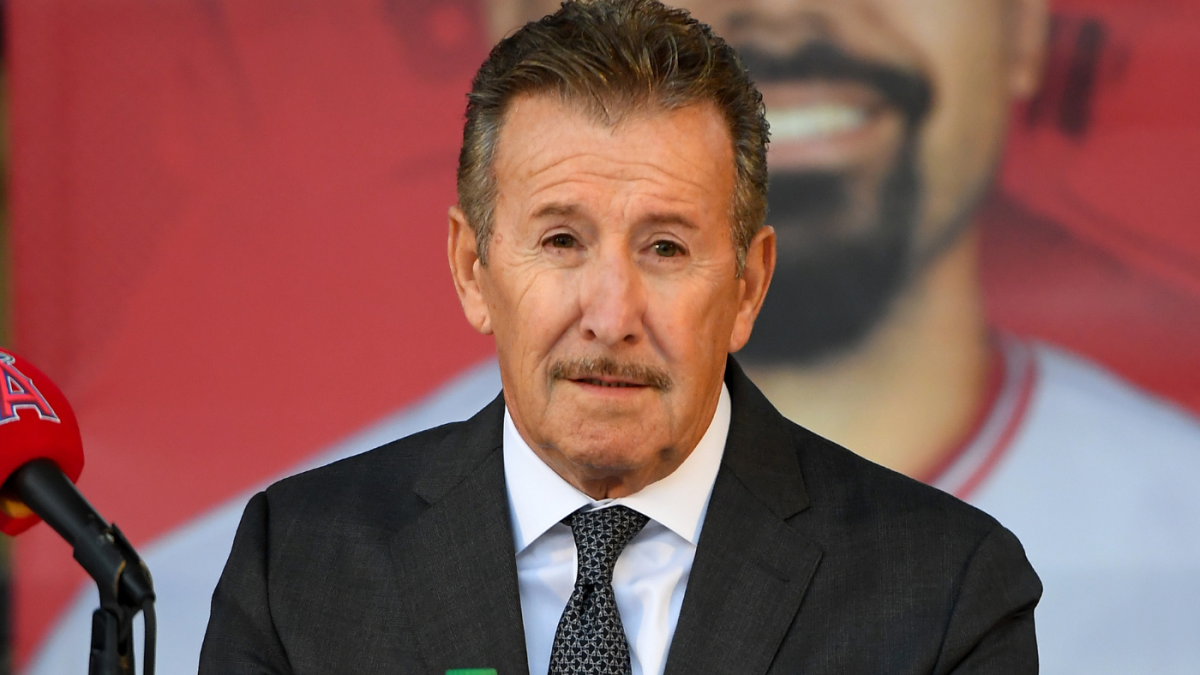
Arte Moreno: due to land ownership, the Los Angeles Angels owner has announced that the franchise will be sold.
### Arte Moreno: Due to Land Ownership, the Los Angeles Angels Owner Has Announced That the Franchise Will Be Sold
In a surprising announcement that has sent shockwaves through Major League Baseball and its fanbase, Arte Moreno, the owner of the Los Angeles Angels, has declared his intention to sell the franchise. This decision stems largely from the complexities surrounding land ownership and the team’s future in Anaheim, California. Moreno’s tenure as owner has been marked by both ambition and controversy, making this latest development a pivotal moment not just for the Angels, but for the wider sports landscape.
#### Background on Arte Moreno and the Angels
Arte Moreno became the principal owner of the Angels in 2003, marking a significant shift in the franchise’s trajectory. Under his leadership, the team experienced moments of success, including a World Series championship in 2002, which remains a high point for fans. Moreno’s approach to ownership has often been characterized by a desire to enhance the team’s marketability and visibility, often investing heavily in player acquisitions and stadium improvements.

However, the financial dynamics of Major League Baseball are constantly evolving. Moreno’s stewardship has not been without challenges, including fluctuating attendance numbers and the pressures of operating within a competitive league. The Angels have struggled to regain consistent playoff form in recent years, leading to questions about Moreno’s management and strategic direction.
#### The Land Ownership Issue
The impetus behind Moreno’s decision to sell the team is closely tied to land ownership issues in Anaheim. The Angels play at Angel Stadium, a venue that has been the subject of ongoing discussions about redevelopment and community impact. In 2019, the city of Anaheim entered into a controversial agreement to sell the land surrounding the stadium to a developer for a significant housing and commercial project. However, this deal was mired in allegations of corruption, leading to a broader investigation into the dealings of local officials.
Moreno’s desire to secure a stable future for the Angels has been hampered by these complications. With the future of Angel Stadium—and by extension, the franchise—uncertain, the financial viability of the team is in jeopardy. The potential for redevelopment around the stadium has created a precarious situation for Moreno, who now faces the reality that his investment in the Angels may not yield the returns he had anticipated.
#### The Implications of the Sale
The announcement of the franchise sale has vast implications, not just for Moreno but also for the city of Anaheim and the fans who support the Angels. For Moreno, the decision to sell likely comes after careful consideration of both the financial landscape and the emotional toll of ownership. Selling the team allows him to divest from an increasingly complex situation, while also potentially providing a financial windfall given the rising values of MLB franchises.
For the city of Anaheim, the sale introduces uncertainty about the future of professional baseball in the region. With the land ownership controversies still unresolved, the new owner may approach the situation differently, potentially leading to a relocation of the franchise or a change in how the team engages with the local community. Fans are understandably anxious about the prospect of losing their beloved team, and the sale raises questions about the future identity of the Angels.
#### A New Chapter for the Angels
As the franchise prepares for this transition, discussions about potential buyers are already underway. The landscape of MLB ownership is changing, with an increasing number of investors interested in acquiring franchises as they see the potential for long-term profitability. A new owner may bring a fresh vision and approach to the Angels, which could be a double-edged sword. While new leadership could reinvigorate the franchise, it also runs the risk of disrupting longstanding traditions and relationships with fans.
#### Conclusion
Arte Moreno’s announcement to sell the Los Angeles Angels marks a significant turning point for both the team and the broader baseball community. Driven by land ownership challenges and the uncertain future of Angel Stadium, this decision encapsulates the complexities of modern sports ownership. As the franchise enters this new chapter, both fans and stakeholders will be watching closely to see how the transition unfolds and what it means for the Angels’ legacy in Anaheim and beyond. The hope is that this change will ultimately lead to a revitalized franchise capable of competing at the highest levels of Major League Baseball once again.





